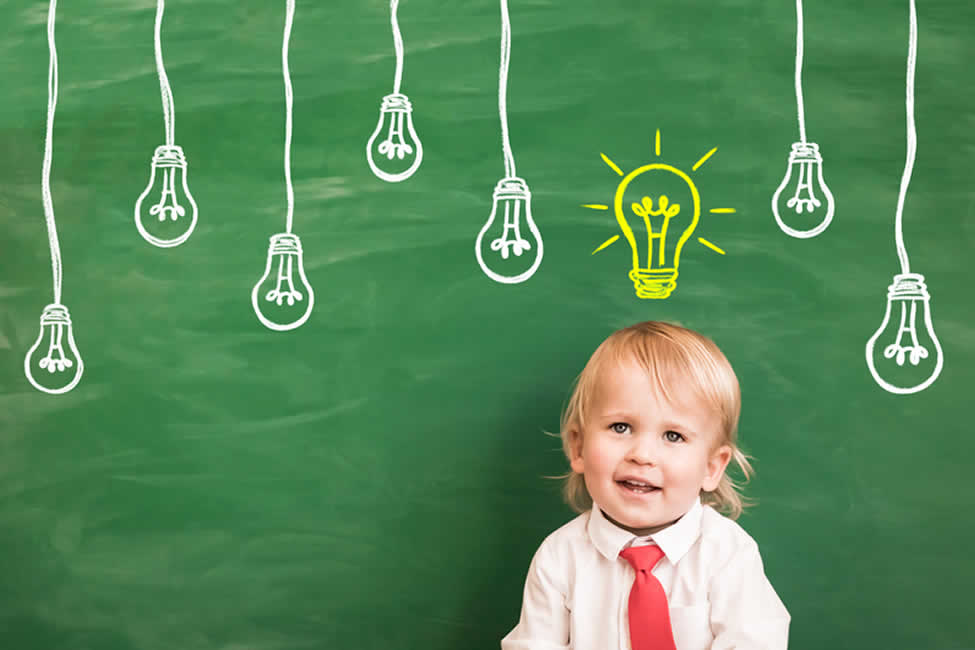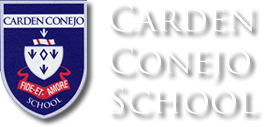
01 Jul 6 Reasons Children Should Go to Primary School
Parents who want to give their children a headstart often choose to enroll them in a primary school program. Children can start preschool at three years old, and enroll in pre-kindergarten at age four. Nurturing primary school programs provide children with a necessary foundation for the rest of their main educational experiences. Beyond preparing them for elementary school, these programs also help students develop coordination, social skills, and self-esteem.
Many parents often question whether they should enroll their child in preschool or wait for the start of kindergarten. While there are many factors that may influence your decision, it’s worth considering the developmental and educational benefits of starting your child in a primary school program. Here are six reasons kids should start school early.
1. Social Skills
Kids who are prone to being shy or have a lack of interaction with other kids their age may need preschool to help increase their social skills. They can begin to develop more confidence early on, which allows them to have less fear and intimidation when approaching peers and sharing their ideas. Developing solid social skills earlier in life can help them make more friends and begin to work closely with other students in group settings. This foundational skill will make it easier for them to make connections outside of the home.
2. Multi-Sensory Development and Coordination
Primary school programs incorporate multi-sensory instruction into their lessons, which isn’t limited to reading and listening. Lessons prompt students to use all of their senses to engage with the material and complete activities. Students are encouraged to develop fine motor skills by cutting-and-pasting, coloring, and tracing letters. Programs also encourage outdoor activities, games, and play, which work to develop hand-eye coordination and balance in preschool-aged children.
3. Early Literacy
Early literacy is one of the main by-products of starting your child in a primary school program. Qualified pre-school teachers typically have backgrounds in early childhood education and development, which means they specialize in teaching early learners how to read. The Carden Method teaches children to read by developing a thinking process where they look – observe – relate. Using visual imagination and observation helps students with recall and concentration during the learning process. Lessons will often incorporate letter recognition activities, nursery rhymes, vocabulary acquisition through literature, and writing practice.
4. Spatial Reasoning
Spatial reasoning is highly valued in school because it’s critical to careers in technology, math, engineering, and science. The skills can begin to be used naturally by children earlier on in life to complete puzzles, recognize patterns and groupings, and determine how to get from one side of a play structure to the other side. It will help shape their view of the world with their natural curiosity and problem-solving abilities.
Spatial reasoning and arithmetic lessons will help children develop their creativity and ability to solve problems. This foundational skill ensures that they know how to face life’s challenges both in and outside of the classroom. Ultimately, this can help them develop more confidence in their abilities and set them up for future academic achievement.
5. Self-Esteem
Preschools and pre-kindergarten programs typically have small class sizes, which means that your child will have plenty of opportunities to shine in the classroom. Because this is such a crucial stage for young learners, it’s essential that your child enjoys a nurturing classroom environment. Ultimately, you want your child to feel confident and excited to be there. That positive association that they are able to capture in primary school will follow them into elementary school—and possibly throughout their entire academic careers.
With more individual attention from teachers, students can develop a greater sense of self-esteem and avoid acting out. They’ll get the positive affirmation that they need to thrive. When children feel good about themselves, they are more likely to participate. The teacher will also have a better understanding of how the student is most likely to learn, which can help the child learn at a higher capacity and develop more confidence in their skills and knowledge moving forward.
6. Listening and Speaking
In addition to fostering early literacy, primary school programs allow children to listen and speak sooner rather than later. Speech lessons, rhyming games, activities for following directions, and vocabulary development are all central to the primary school curriculum. Each of these lessons works to enhance the student’s ability to listen and speak. Through lessons on listening, students are able to learn better classroom behavior and improve their attention span–skills that will serve them well moving forward.
Understanding the different benefits that are provided to children in primary school will prompt many parents to enroll their child early. With the nurturing classroom environment and fun learning opportunities to explore, your child can begin to thrive and start succeeding at a younger age. The right program will build a strong educational foundation that will prove crucial in the years to come.
Carden Conejo School provides a safe, fun, and challenging environment for young learners to succeed and grow. Contact us to learn more about our primary school programs for preschool and junior kindergarten.







